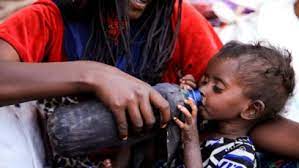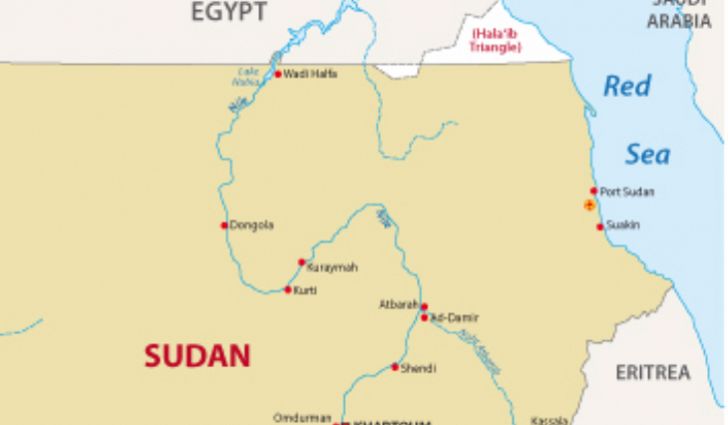As Ethiopia emerges from two years of conflict in its Tigray region, and with Ethiopians now faced with a monumental task in maintaining peace, restarting the economy and sustaining reconciliation, a new Gallup survey paints a bleak picture of people suffering emotionally and economically.
Opinion researchers had not been able to enter the country in 2021 and when they returned in the fall of 2022, they saw a significant change in attitudes: a record-high 65% of Ethiopians are struggling to afford food, with food prices rising 43% in 2022 compared to 2021, and certain staple items soaring by more than 80%. The team interviewed about 1,000 people but was not able to travel to the conflict areas, Zach Bikus, regional director-Africa at Gallup, said and added that “the main takeaway from this data that we just collected really is that the past couple of years have been difficult years.”
In addition to the conflict, Ethiopia is facing its worst drought in 40 years, putting additional pressure on the food supply, the report said. At the same time, income is also under pressure, with 45% of Ethiopians finding it “very difficult” to get by on their present household income, compared to 28% in 2019. Bikus notes there are similar results across the region with East Africa generally facing drought and also the fallout from the Ukraine-Russia conflict, notably shortage of wheat and fertilizer imports. The situation has had a profound effect on Ethiopians’ mental and emotional well-being. The survey also found significant increases in people reporting they feel “worry,” “physical pain,” “anger,” and “stress.”



